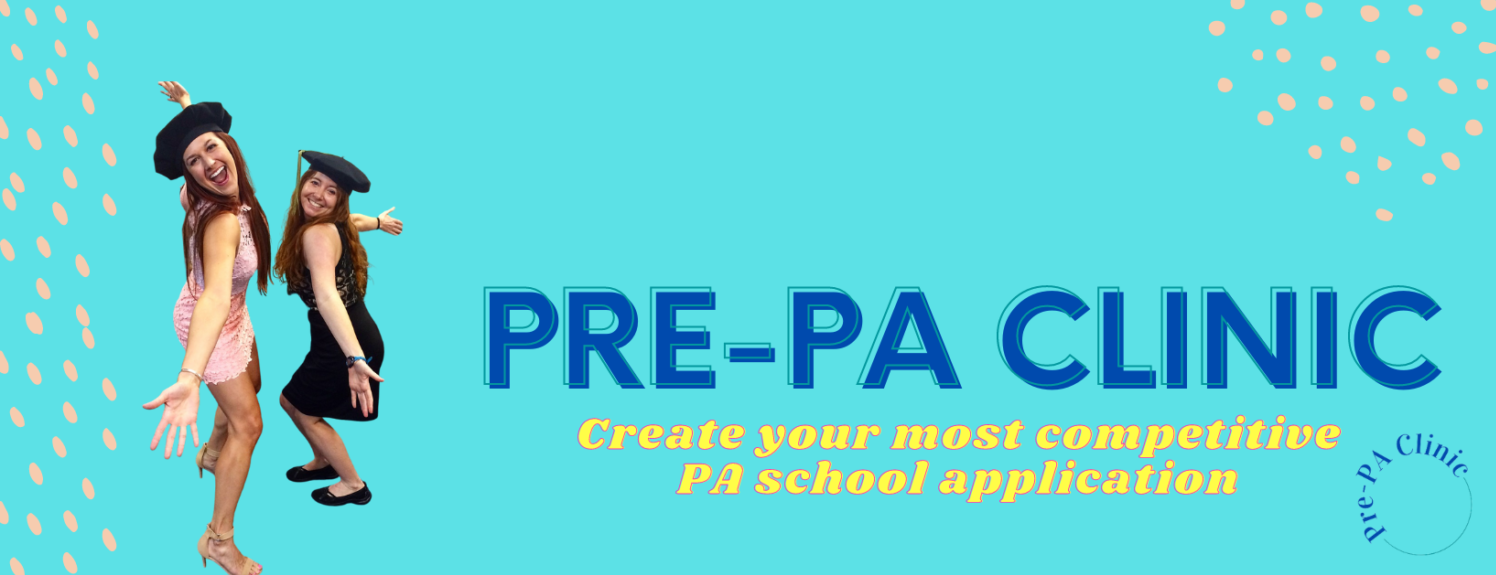
Applying to PA school is an exciting and nerve-wracking process, but many applicants do not realize how expensive it can be. Between CASPA fees, secondary applications, interview travel, and more, the costs can add up quickly often totaling hundreds or even thousands of dollars before starting school.
If you are applying this cycle or planning to apply soon, this guide will help you understand the hidden costs, budget wisely, and find ways to save money throughout the process.
CASPA Application Fees
The first unavoidable expense is the CASPA application fee. CASPA charges a base fee for the first school, with an additional fee for each extra school.
First school: $179
Each additional school: $56
For those applying to seven schools, the total cost in CASPA fees alone would be $515.
How to Budget and Save
Apply strategically rather than applying to as many schools as possible. Research programs where your stats are competitive to increase your chances of acceptance without overspending.
Utilize the CASPA Fee Assistance Program if eligible. This program covers the first school fee and provides reduced rates for additional schools.
Secondary Application Fees
Many PA programs require a secondary application after submitting CASPA. These applications often come with their own fees, which can range from $25 to $100 or more per school.
For example, applying to seven schools where five require a secondary application with an average fee of $50 each would add another $250 to the total application cost.
How to Budget and Save
Prioritize schools where your statistics align with their admissions criteria. Some schools automatically send secondary applications, while others pre-screen applicants.
Prepare responses for common secondary application questions in advance. Many schools ask similar questions, so reusing and tweaking responses can help save time and effort.
PA School Interview Costs
If invited to an in-person interview, be prepared for travel expenses such as flights, gas, lodging, food, and professional attire. Depending on the location and the number of interviews attended, these costs can range from $300 to over $1,000 per interview.
For virtual interviews, some schools require professional proctoring services, which can come with additional fees.
How to Budget and Save
Consider virtual interview options when available, as they significantly reduce travel costs.
Look for student host programs where current PA students offer free lodging to applicants.
Book flights and hotels early to get the best rates.
Invest in one professional outfit that can be worn to multiple interviews instead of purchasing multiple suits.
Additional Expenses That May Be Overlooked
GRE, CASPER, or PA-CAT Fees
While not all PA schools require the GRE, for those that do, the cost breakdown includes:
GRE exam fee: $220
Sending additional score reports: $27 per school
If taking the PA-CAT, which is a PA-specific admissions test, the base fee is $237.
Background Checks and Deposits
Some schools require background checks, which cost between $50 and $100.
If accepted, many programs require a non-refundable deposit ranging from $500 to $1,500 to hold a seat.
Transcripts and CASPA Fees
Official transcript requests typically cost $10 to $20 per school.
CASPA application updates during the Academic Update period may incur additional costs.
Estimated Total Costs of Applying to PA School
| Expense | Estimated Cost |
| CASPA Fees (5-10 schools) | $400 – $700 |
| Secondary Application Fees (5 schools at ~$50 each) | $250 |
| PA School Interviews (travel, lodging, attire) | $300 – $1,500+ per interview |
| GRE or PA-CAT | $220 – $250 |
| Background Checks and Deposits | $500 – $1,500 |
| Total Estimated Cost | $1,500 – $5,000+ |
How to Financially Prepare for PA School Applications
1. Start saving early to avoid financial stress during the application cycle.
2. Create an application budget by estimating costs based on the number of schools and potential interviews.
3. Take advantage of free and discounted resources such as the CASPA Fee Assistance Program, free interview prep materials, and student-hosted lodging programs.
4. Plan ahead for deposits, as securing a seat in a PA program often requires a financial commitment.
5. Apply strategically, as applying to more programs means additional costs. Choosing schools wisely can maximize the chances of acceptance while keeping expenses manageable.
Final Thoughts
The cost of applying to PA school can be overwhelming, but planning ahead can make the process much less stressful. Budgeting wisely, applying strategically, and taking advantage of cost-saving options can help applicants stay financially prepared and focused on their goal of getting accepted.

